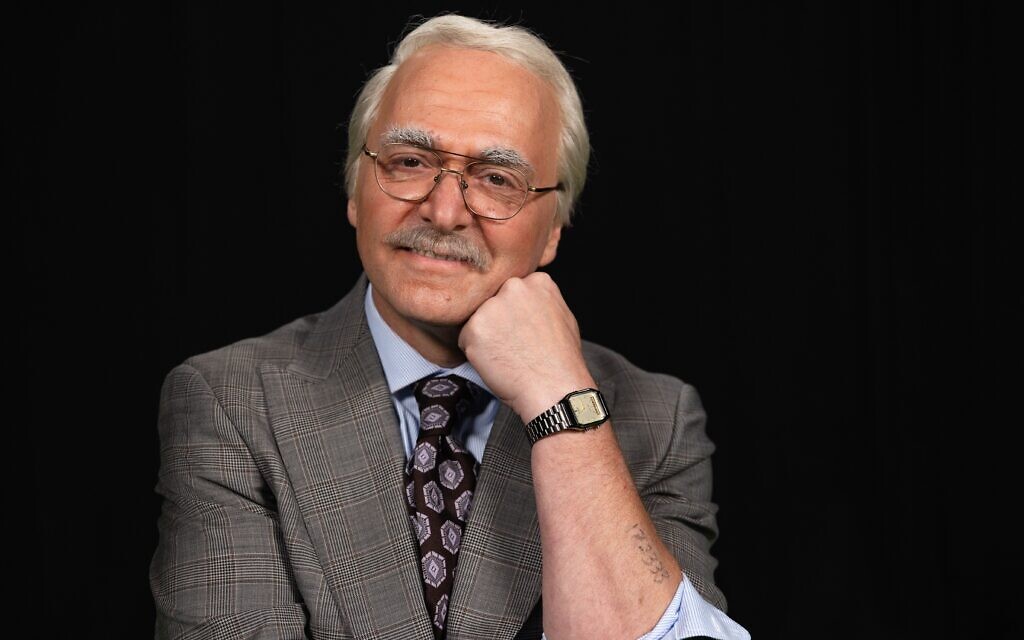
Chinese President Xi Jinping has called for efforts to advance “reunification” with Taiwan in his congratulatory message to Cheng Li-wun, the newly elected leader of Taiwan’s main opposition party, the Kuomintang (KMT). Cheng won the election on Saturday, October 28, 2023, amid ongoing tensions with Beijing, which regards the democratically governed island as part of its territory. Taiwan’s government vehemently opposes these claims of sovereignty.
Cheng, who will officially assume leadership of the KMT on November 1, 2023, secured her position during a time marked by accusations of interference from Beijing. The KMT has historically favored closer ties with China and is viewed as Beijing’s preferred dialogue partner. In contrast, the current administration led by President Lai Ching-te of the Democratic Progressive Party (DPP) has faced rejection from China, which labels Lai a “separatist.”
In his message delivered in his capacity as head of the Communist Party, Xi emphasized the need for the two parties to strengthen their “common political foundation.” He urged both parties to “unite the vast majority of people in Taiwan,” aiming to deepen exchanges, enhance cooperation, and promote national reunification. The official Xinhua news agency reported these remarks.
Cheng’s response to Xi did not include any mention of union with Beijing. Instead, she highlighted that both sides of the Taiwan Strait belong to the “Chinese nation,” an expression that emphasizes ethnicity rather than political identity. “Both parties should, in light of the current situation, strengthen cross-Strait exchanges and cooperation on the existing foundation and promote peace and stability across the Taiwan Strait,” Cheng stated, according to a KMT party statement.
Despite losing the presidential election last year, the KMT and its ally, the Taiwan People’s Party, currently hold the most seats in Taiwan’s parliament. Cheng, 55, is known for her opposition to increasing defense spending, a key policy of Lai’s administration, and she won the leadership vote against KMT establishment candidate Hau Lung-bin, a former mayor of Taipei.
The election campaign was notably overshadowed by allegations of Chinese interference, particularly highlighted by KMT vice presidential candidate Jaw Shau-kong. He claimed that social media platforms disseminated disinformation about Hau during the election period. In response to these allegations, China stated that the election was a matter for the KMT to manage, asserting that online comments do not reflect an official position.
On October 29, 2023, Jaw expressed on his Facebook account that the KMT must reduce pro-China influence. He emphasized that the majority of Taiwanese people desire peaceful relations and dialogue with China, stating, “The KMT must recognize that elections are held in Taiwan, and voters are in Taiwan, not mainland China.”
In a statement released late on Saturday, DPP spokesperson Justin Wu remarked that there were clear indications of Chinese interference in the KMT election, a sentiment that was dismissed by KMT officials. The evolving political landscape in Taiwan continues to draw significant attention, particularly as both parties navigate their positions in relation to Beijing.






